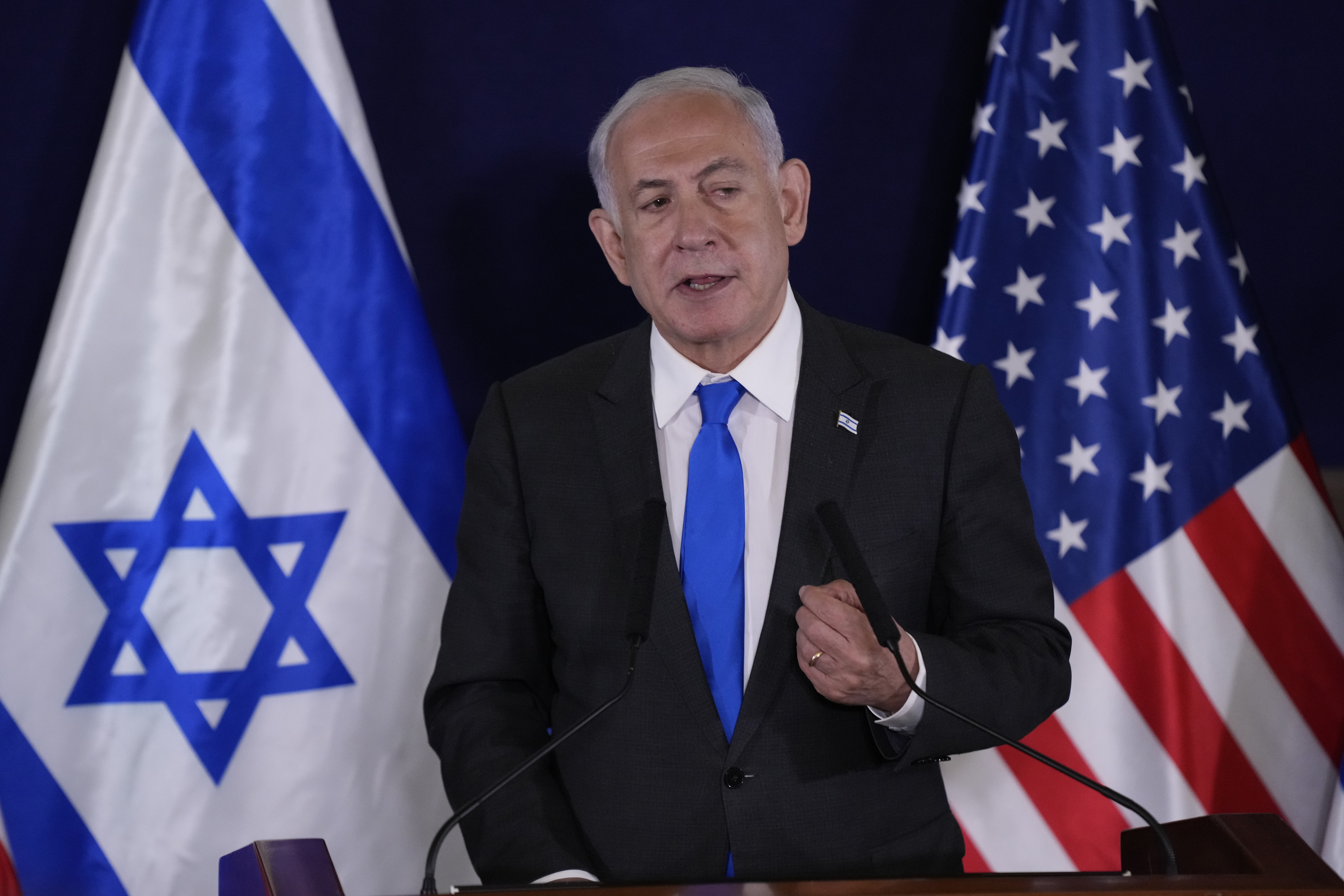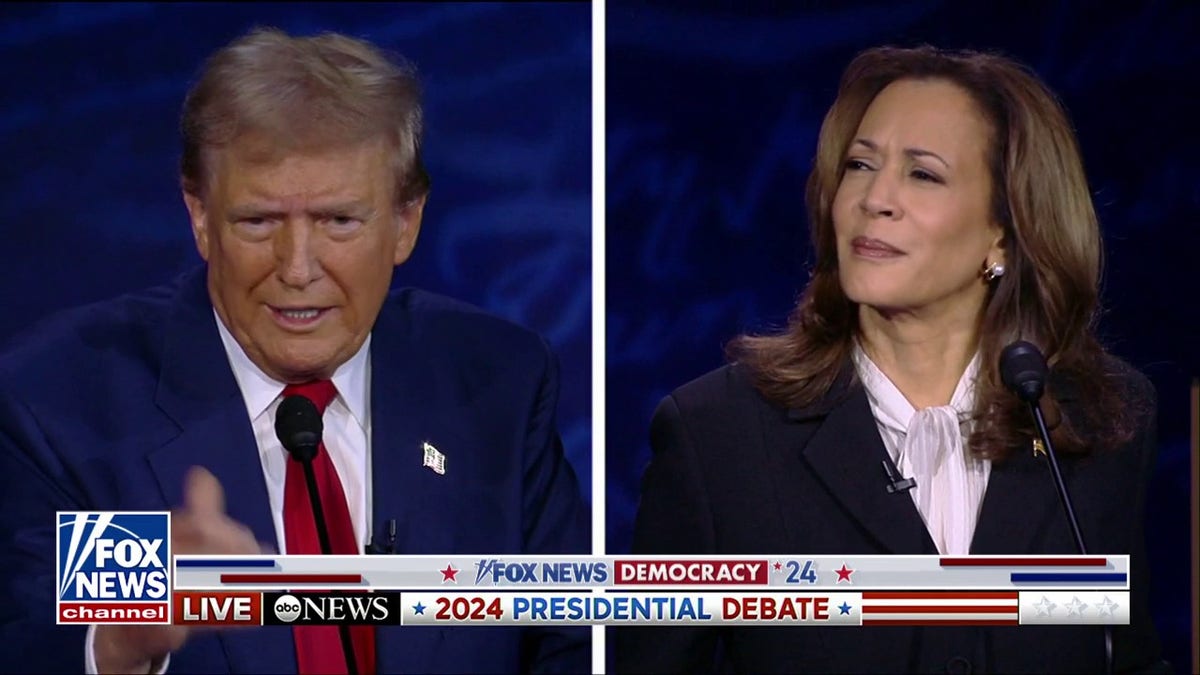Is Anyone On Trump’s Team Actually Vetting His Nominees?
Donald Trump’s team apparently missed that Pete Hegseth, the president-elect’s choice for secretary of defense, paid off a woman accusing him of sexual assault. New York Times reporter Maggie Haberman told CNN’s Kaitlan Collins Monday that while vetting Hegseth, Trump’s staff missed the payoff because it was a “private settlement.” On Saturday, Hegseth’s lawyer confirmed the payoff after being contacted by The Washington Post. “They did do a vet, we are told,” Haberman said. “This did not show up, this issue, because it was a private settlement, according to the people who were briefed on what took place. Trump really likes Pete Hegseth. But this did introduce the thing Trump doesn’t like, which is an element of surprise and a negative headline.” The vetting by Trump’s team, however, is skipping FBI background checks, which have historically been a part of the presidential appointment process. Instead, Trump’s team is using private companies because they are trying to speed up the process and avoid revelations that could be used by their opponents. But avoiding a security process that has been used since the Eisenhower administration has backfired in the case of Hegseth, and has also likely kept any security issues from being revealed about Trump’s other choices, such as Tulsi Gabbard as director of national intelligence, who has a controversial past. Trump’s nominee for secretary of health and human services, Robert F. Kennedy Jr., also has a history of actions that call into question his ability to obtain a security clearance. Trump appears to be standing by his pick of Hegseth despite the sexual assault allegations, potentially setting up a showdown with Senate Republicans. His choice of attorney general, Matt Gaetz, has also faced opposition due to a House Ethics Committee investigation into the former congressman over allegations that he had trafficked in and had sex with an underage girl at a 2017 party. It appears that weeks after his election, Trump is already testing his limits as president.

Donald Trump’s team apparently missed that Pete Hegseth, the president-elect’s choice for secretary of defense, paid off a woman accusing him of sexual assault.
New York Times reporter Maggie Haberman told CNN’s Kaitlan Collins Monday that while vetting Hegseth, Trump’s staff missed the payoff because it was a “private settlement.” On Saturday, Hegseth’s lawyer confirmed the payoff after being contacted by The Washington Post.
“They did do a vet, we are told,” Haberman said. “This did not show up, this issue, because it was a private settlement, according to the people who were briefed on what took place. Trump really likes Pete Hegseth. But this did introduce the thing Trump doesn’t like, which is an element of surprise and a negative headline.”
The vetting by Trump’s team, however, is skipping FBI background checks, which have historically been a part of the presidential appointment process. Instead, Trump’s team is using private companies because they are trying to speed up the process and avoid revelations that could be used by their opponents.
But avoiding a security process that has been used since the Eisenhower administration has backfired in the case of Hegseth, and has also likely kept any security issues from being revealed about Trump’s other choices, such as Tulsi Gabbard as director of national intelligence, who has a controversial past. Trump’s nominee for secretary of health and human services, Robert F. Kennedy Jr., also has a history of actions that call into question his ability to obtain a security clearance.
Trump appears to be standing by his pick of Hegseth despite the sexual assault allegations, potentially setting up a showdown with Senate Republicans. His choice of attorney general, Matt Gaetz, has also faced opposition due to a House Ethics Committee investigation into the former congressman over allegations that he had trafficked in and had sex with an underage girl at a 2017 party. It appears that weeks after his election, Trump is already testing his limits as president.



